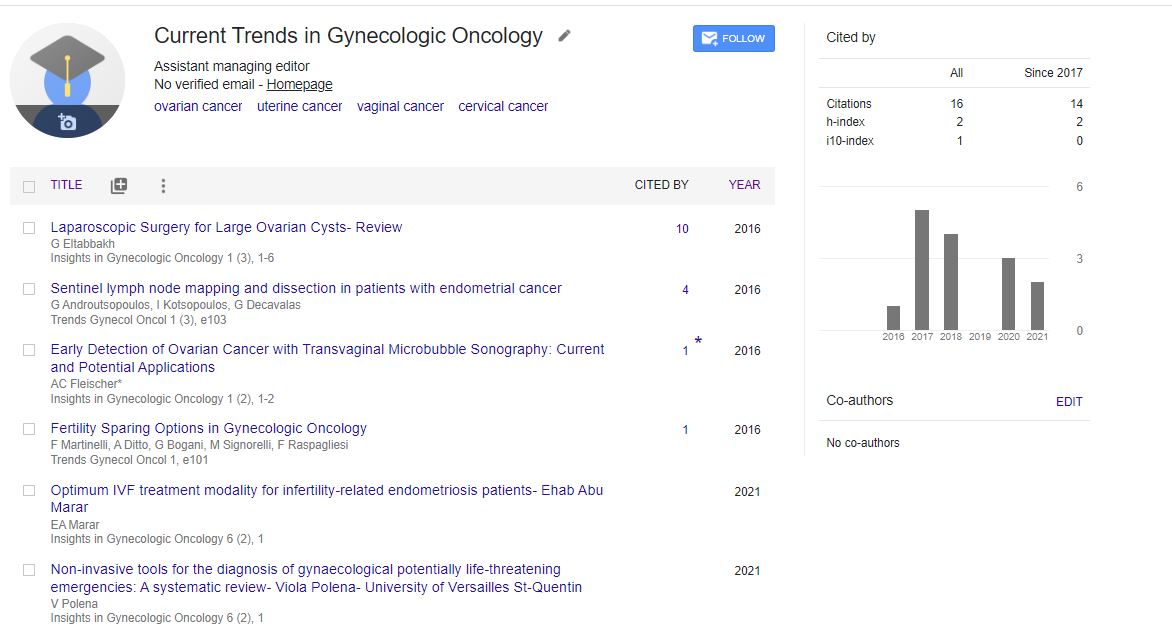Factors influencing the use of modern contraceptive in Nigeria: A multilevel logistic analysis using linked data from PMA2020
*Corresponding Author:
Copyright: © 2020 . This is an open-access article distributed under the terms of the Creative Commons Attribution License, which permits unrestricted use, distribution, and reproduction in any medium, provided the original author and source are credited.
Abstract
The population of Nigeria is projected to increase by 44% between 2015 and 2030. However, less than one-quarter of women within reproductive age in Nigeria uses modern contraceptive methods despite its importance in slowing unsustainable population growth and reduction of maternal morbidity and mortality. This study aims at examining the influence of individual and community level factors on the use of modern contraceptive method. This is a secondary analysis of household and Service Delivery Point datasets from a 2018 survey conducted by PMA2020 in Nigeria. Data was abstracted for a total of 10,826 females within ages of 15 – 49 years across 295 enumeration areas in seven States. A 2-level binary logistic regression was used to examine the association between study variables and use of modern contraceptives while adjusting for the clustering effect. There was significant influence of age, educational level, parity, socio-economic status, intention to have children in the future and awareness of family planning methods on the use of modern contraceptives. Also, women who perceived support from someone in the community on family planning were more likely to use modern contraceptive unlike those without such support. Those who believed that contraceptive methods are used by almost all and some of their friends or relatives were more likely to use modern contraceptive compared to those who think otherwise. The study shows the need to reduce inequalities between FP utilization across women with different socio-economic status as well as increasing the awareness for modern contraceptive methods.

 Spanish
Spanish  Chinese
Chinese  Russian
Russian  German
German  French
French  Japanese
Japanese  Portuguese
Portuguese  Hindi
Hindi 